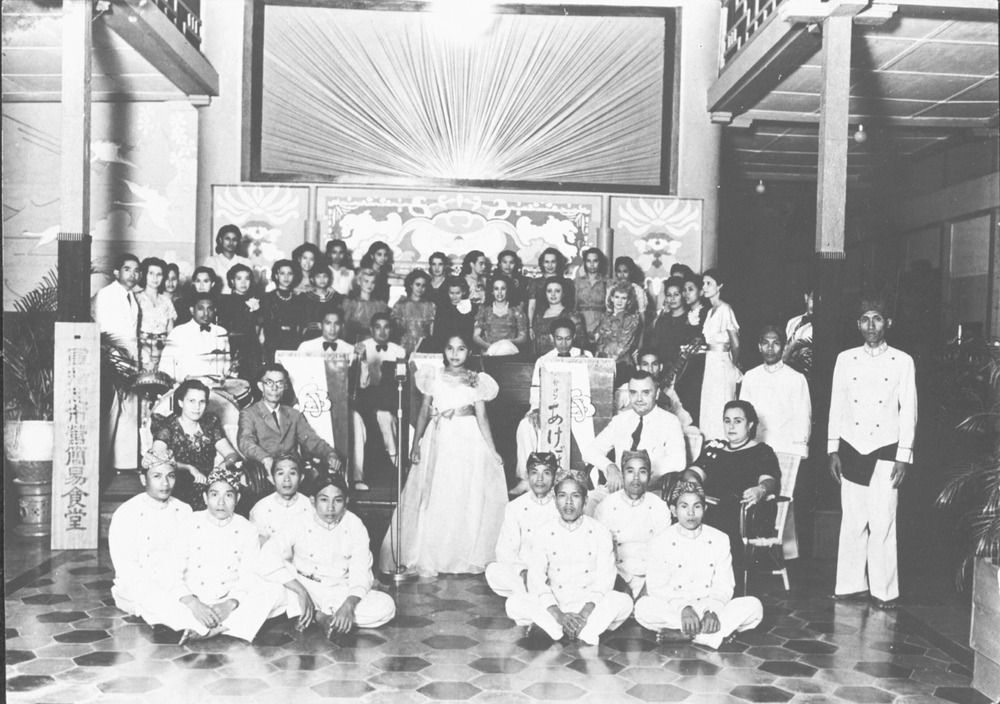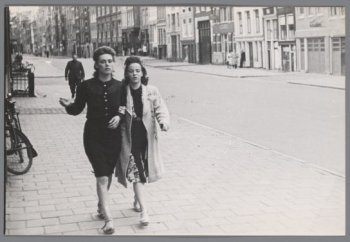Social outsiders in Nazi Germany
When Hitler assumed power in 1933, he and other Nazis had firm ideas on what they called a racially pure "community of the people". They quickly took steps against those whom they wanted to isolate, deport, or destroy. In these essays informed by the latest research, leading scholars offer rich histories of the people branded as "social outsiders" in Nazi Germany: Communists, Jews, "Gypsies", foreign workers, prostitutes, criminals, homosexuals, and the homeless, unemployed, and chronically ill. Although many works have concentrated exclusively on the relationship between Jews and the Third Reich, this collection also includes often-overlooked victims of Nazism while reintegrating the Holocaust into its wider social context. The Nazis knew what attitudes and values they shared with many other Germans, and most of their targets were individuals and groups long regarded as outsiders, nuisances, or "problem cases". The identification, the treatment, and even the pace of their persecution of political opponents and social outsiders illustrated that the Nazis attuned their law-and-order policies to German society, history, and traditions. Hitler?s personal convictions, Nazi ideology, and what he deemed to be the wishes and hopes of many people, came together in deciding where it would be politically most advantageous to begin. The first essay explores the political strategies used by the Third Reich to gain support for its ideologies and programs, and each following essay concentrates on one group of outsiders. Together the contributions debate the motivations behind the purges. The collection overall offers a nuanced portrayal of German citizens, showing that many supported the Third Reich while some tried to resist, and that the war radicalized social thinking on nearly everyone?s part.
- edited by Robert Gellately and Nathan Stoltzfus
- IHLIA LGBTI Heritage
- readers
- social.out.b.N309006
- homoseksualiteit
- nazisme
- vervolging van homomannen
- homomannen
- lhbtq+-roma
- prostitutie
- duitsland
- joodse lhbtq+-personen
- tweede wereldoorlog
Bij bronnen vindt u soms teksten met termen die we tegenwoordig niet meer zouden gebruiken, omdat ze als kwetsend of uitsluitend worden ervaren.Lees meer










